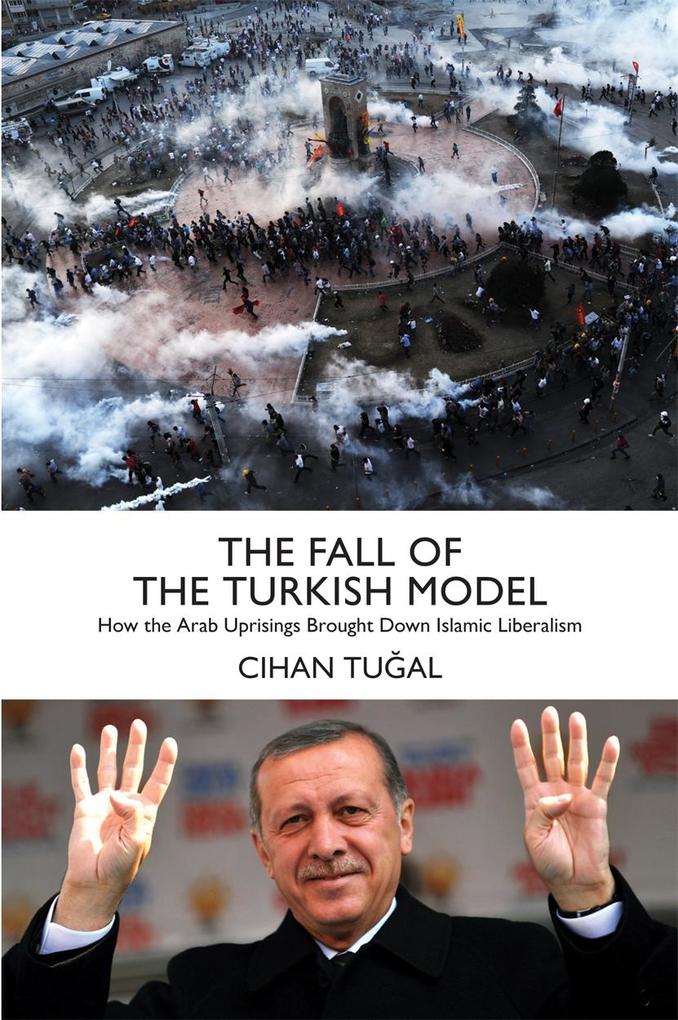
Zustellung: Do, 31.07. - Di, 05.08.
Versand in 2 Wochen
VersandkostenfreiBestellen & in Filiale abholen:
"Just a few short years ago, the "Turkish Model" was being hailed across the world. The New York Times gushed that prime minister Recep Tayyip Erdogan and his Justice and Development Party (AKP) had "effectively integrated Islam, democracy, and vibrant economics," making Turkey, according to the International Crisis Group, "the envy of the Arab world." And yet, a more recent CNN headline wondered if Erdogan had become a "dictator." In this incisive analysis, Cihan Tugal argues that the problem with this model of Islamic liberalism is much broader and deeper than Erdogan's increasing authoritarianism. The problems are inherent in the very model of Islamic liberalism that formed the basis of the AKP's ascendancy and rule since 2002--an intended marriage of neoliberalism and democracy. And this model can also only be understood as a response to regional politics--especially as a response to the "Iranian Model"--a marriage of corporatism and Islamic revolution. The Turkish model was a failure in its home country, and the dynamics of the Arab world made it a tough commodity to export. Tugal's masterful explication of the demise of Islamic liberalism brings in Egypt and Tunisia, once seen as the most likely followers of the Turkish model, and provides a path-breaking examination of their regimes and Islamist movements, as well as paradigm-shifting accounts of Turkey and Iran"--
Produktdetails
Erscheinungsdatum
23. Februar 2016
Sprache
englisch
Seitenanzahl
304
Autor/Autorin
Cihan Tugal
Verlag/Hersteller
Produktart
kartoniert
Gewicht
383 g
Größe (L/B/H)
208/139/27 mm
ISBN
9781784783327
Entdecken Sie mehr
Pressestimmen
A forensic analysis of the AKP-Erdogan phenomenon Ece Temelkuran New Left Review
Bewertungen
0 Bewertungen
Es wurden noch keine Bewertungen abgegeben. Schreiben Sie die erste Bewertung zu "The Fall of the Turkish Model" und helfen Sie damit anderen bei der Kaufentscheidung.









